Nothing can stop reconciliation, say presidents
Serbian President Boris Tadić and Croatian President Ivo Josipović said <a href="http://www.b92.net/eng/news/politics-article.php?yyyy=2010&mm=11&dd=04&nav_id=70684" class="text-link" target= "_blank">in Vukovar on Thursday</a> that they are determined to continue the reconciliation process.
Thursday, 04.11.2010.
16:13

Serbian President Boris Tadic and Croatian President Ivo Josipovic said in Vukovar on Thursday that they are determined to continue the reconciliation process. This despite the fact that the two countries will still need to tear down many barriers, they said, and added that determining the fate of the people who went missing in the war is the first and most important step in that direction. Nothing can stop reconciliation, say presidents After a meeting with representatives of Croatian associations of war victims, which was also attended by Croatian Prime Minister Jadranka Kosor, Tadic and Josipovic said that the decision to visit Ovcara and Paulin Dvor, sites where crimes against both Serbs and Croats took place, shows that nothing will stop them from completing the reconciliation process. "No politics can stop the two of us from continuing the process. It is a matter of our future, the future of our children and our countries," Josipovic said. Tadic and Josipovic agreed that the two countries have shown unquestionable commitment to doing everything in their power to shed light on the fates of missing persons, regardless of their nationality. "We are sending a message not only to our compatriots and citizens, but to the international public as well, in the desire to prove to everyone that this is a region that respects common values, and that with this act we have reached the highest level of our common civilization but also of our individual cultures, and proven we share in the European system of values," Tadic pointed out. Tadic noted that in addition to a personal apology, durable reconciliation requires that the two states make certain moves, including an out-of-court settlement of the mutual genocide lawsuits filed before the International Court of Justice. When Croatian reporters asked if his visit to Vukovar is an indirect admission that Serbia committed aggression against Croatia, Tadic said it is up to legal experts and historians to determine what happened during the 1990s, and that his duty was to make a personal gesture in the memory of the innocent victims. Anyone who thinks that these visits are about numbers has failed to understand their point, said Tadic while visiting the Paulin Dvor site in Croatia where mostly Serb civilians were killed by Croatian forces in 1991. "We are not on a mathematical plane here, but an ethical one. The mathematical approach would simply mean adding numbers that never end," Tadic explained. The visit to Paulin Dvor does not diminish the crime that happened in Vukovar, which is a symbol of the Croatian struggle for independence, said Josipovic. "I am certain that all those who look to the future will welcome the visit to Paulin Dvor," Josipovic noted. Croatia's Prime Minister Jadranka Kosor commented on the visit by saying that every victim deserves to be commemorated. "Every victim should be commemorated and their families understood," Kosor told reporters. Earlier in Vukovar, Tadic and his Croatian counterpart denied speculations that Brussels had forced them to meet. When asked whether Brussels forced them to meet, Tadic replied that coming to Vukovar, eastern Croatia, was his personal decision. Tadic stated that he would not have come to either Srebrenica or Vukovar had it not been his personal decision. Responding to the question of whether Serbs and Croats might reconcile their views on the conflicts that took place not so long ago and read the same book of history, Tadic said that this is inevitable, but that a lot work needs to be done if the two countries want to reach the level of understanding France and Germany have already achieved. “Reconciliation requires both sides to recognize misdeeds, to offer and accept apology, and to forgive,” the Serbian president said. He noted that the 20th century saw both bad and good deeds, but pointed out that personal gestures of good will are also needed. “One of such gestures was made today, but this also entails a legal procedure,” Tadic said and reminded of the lawsuits Croatia and Serbia have filed against each other with the International Court of Justice (ICJ). Tadic said that truth will surface in the process, and added that he will not interfere with the ICJ's activities. He also noted that he has “proposed the withdrawal of lawsuits, but given the current state of affairs, it is up to lawyers and historians to establish what exactly happened in the territory.” “There is no Washington, Brussels or Madrid that can force us (Serbia and Croatia) to do what we did yesterday, what we are doing today and what we will do tomorrow, and that is completion of the reconciliation process,” Josipovic pointed out. Tadic and Josipovic (photo courtesy of Serbian Presidency)
Nothing can stop reconciliation, say presidents
After a meeting with representatives of Croatian associations of war victims, which was also attended by Croatian Prime Minister Jadranka Kosor, Tadić and Josipović said that the decision to visit Ovčara and Paulin Dvor, sites where crimes against both Serbs and Croats took place, shows that nothing will stop them from completing the reconciliation process."No politics can stop the two of us from continuing the process. It is a matter of our future, the future of our children and our countries," Josipović said.
Tadić and Josipović agreed that the two countries have shown unquestionable commitment to doing everything in their power to shed light on the fates of missing persons, regardless of their nationality.
"We are sending a message not only to our compatriots and citizens, but to the international public as well, in the desire to prove to everyone that this is a region that respects common values, and that with this act we have reached the highest level of our common civilization but also of our individual cultures, and proven we share in the European system of values," Tadić pointed out.
Tadić noted that in addition to a personal apology, durable reconciliation requires that the two states make certain moves, including an out-of-court settlement of the mutual genocide lawsuits filed before the International Court of Justice.
When Croatian reporters asked if his visit to Vukovar is an indirect admission that Serbia committed aggression against Croatia, Tadić said it is up to legal experts and historians to determine what happened during the 1990s, and that his duty was to make a personal gesture in the memory of the innocent victims.
Anyone who thinks that these visits are about numbers has failed to understand their point, said Tadić while visiting the Paulin Dvor site in Croatia where mostly Serb civilians were killed by Croatian forces in 1991.
"We are not on a mathematical plane here, but an ethical one. The mathematical approach would simply mean adding numbers that never end," Tadić explained.
The visit to Paulin Dvor does not diminish the crime that happened in Vukovar, which is a symbol of the Croatian struggle for independence, said Josipović.
"I am certain that all those who look to the future will welcome the visit to Paulin Dvor," Josipović noted.
Croatia's Prime Minister Jadranka Kosor commented on the visit by saying that every victim deserves to be commemorated.
"Every victim should be commemorated and their families understood," Kosor told reporters.
Earlier in Vukovar, Tadić and his Croatian counterpart denied speculations that Brussels had forced them to meet.
When asked whether Brussels forced them to meet, Tadić replied that coming to Vukovar, eastern Croatia, was his personal decision.
Tadić stated that he would not have come to either Srebrenica or Vukovar had it not been his personal decision.
Responding to the question of whether Serbs and Croats might reconcile their views on the conflicts that took place not so long ago and read the same book of history, Tadić said that this is inevitable, but that a lot work needs to be done if the two countries want to reach the level of understanding France and Germany have already achieved.
“Reconciliation requires both sides to recognize misdeeds, to offer and accept apology, and to forgive,” the Serbian president said.
He noted that the 20th century saw both bad and good deeds, but pointed out that personal gestures of good will are also needed.
“One of such gestures was made today, but this also entails a legal procedure,” Tadić said and reminded of the lawsuits Croatia and Serbia have filed against each other with the International Court of Justice (ICJ).
Tadić said that truth will surface in the process, and added that he will not interfere with the ICJ's activities.
He also noted that he has “proposed the withdrawal of lawsuits, but given the current state of affairs, it is up to lawyers and historians to establish what exactly happened in the territory.”
“There is no Washington, Brussels or Madrid that can force us (Serbia and Croatia) to do what we did yesterday, what we are doing today and what we will do tomorrow, and that is completion of the reconciliation process,” Josipović pointed out.










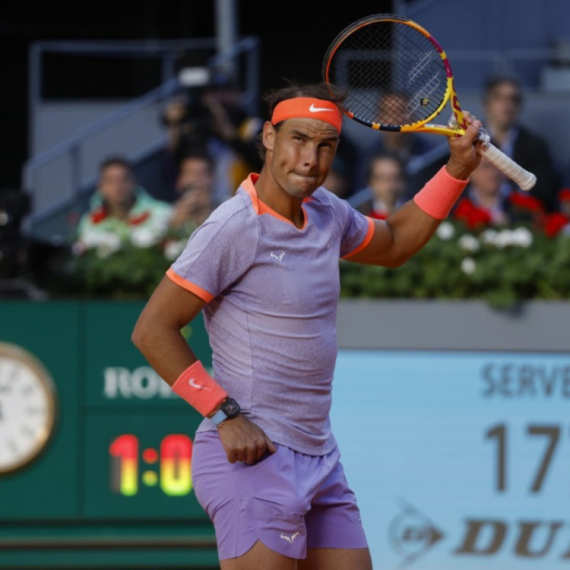
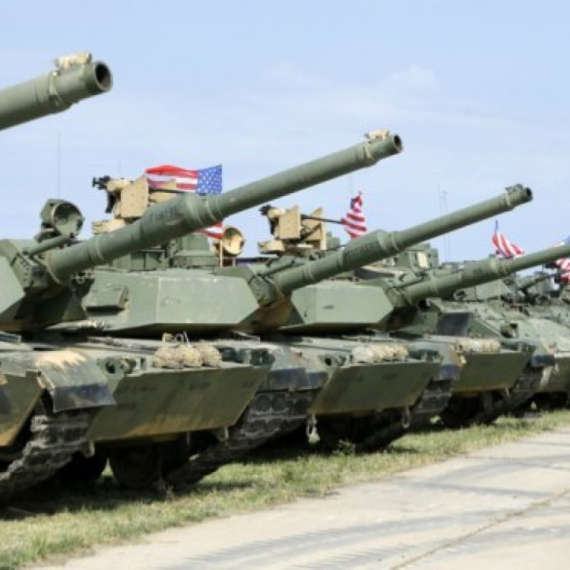

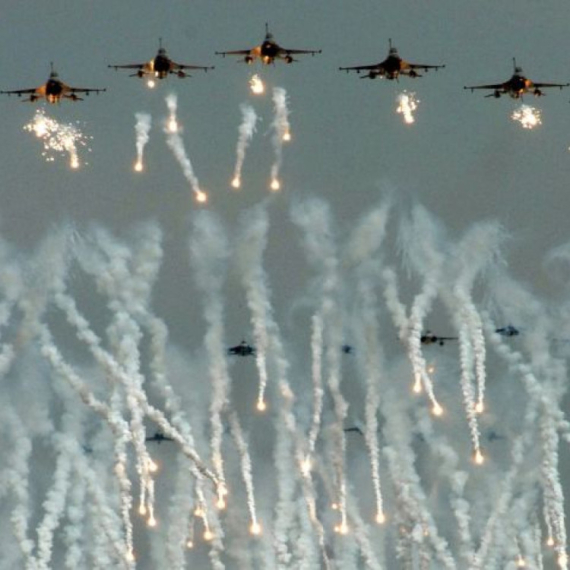

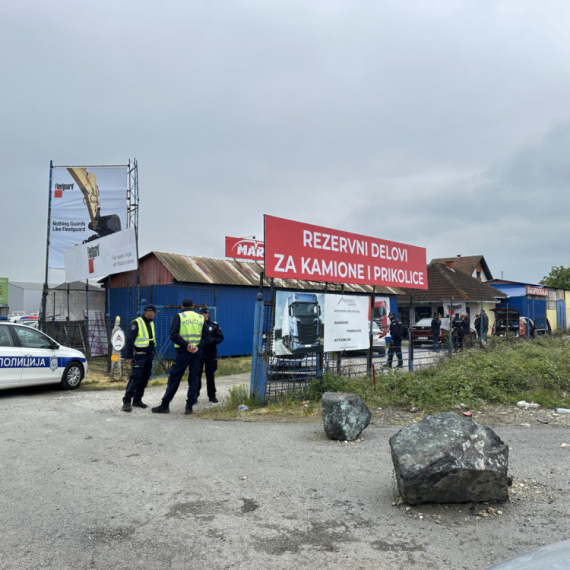

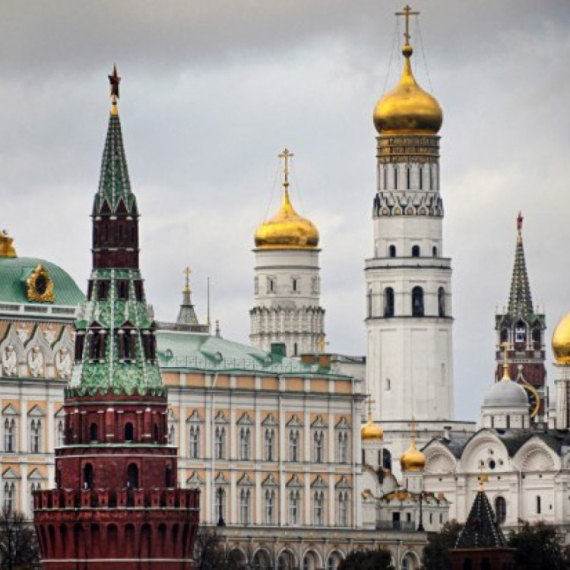
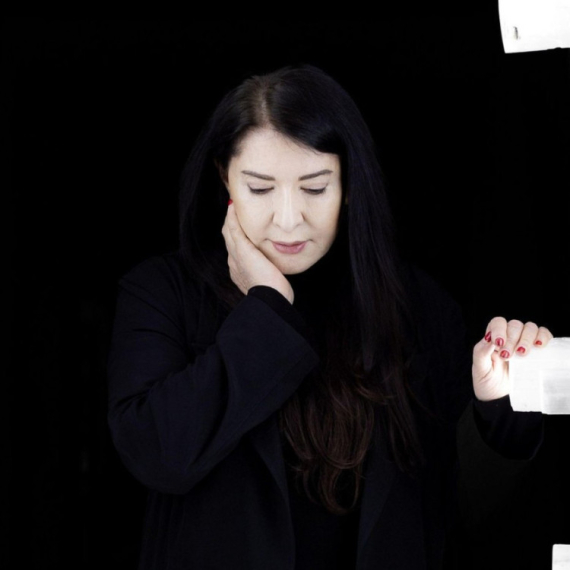









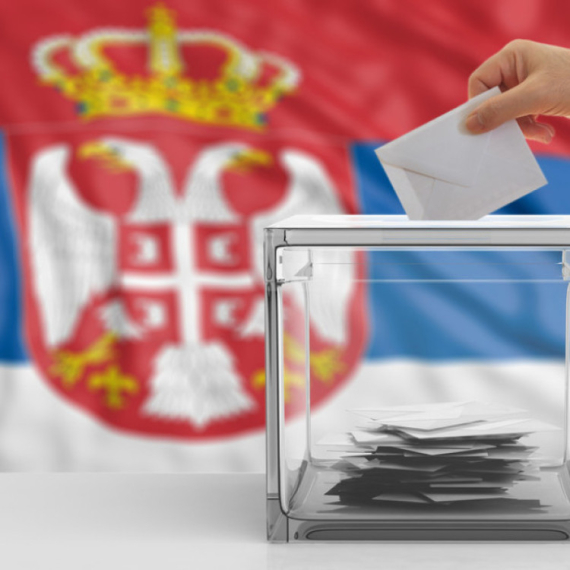
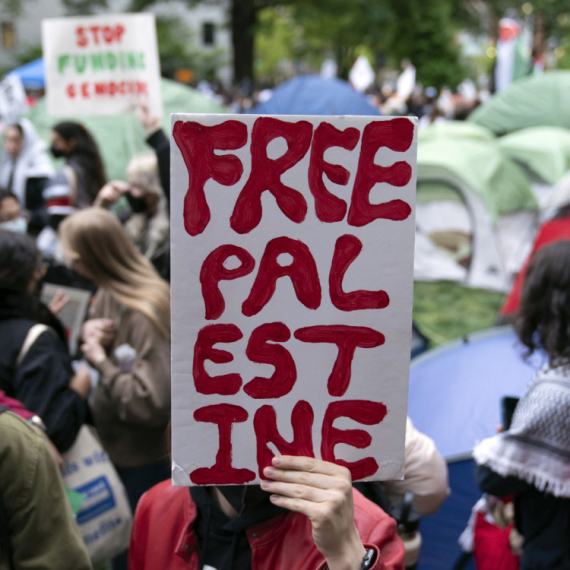









Komentari 7
Pogledaj komentare